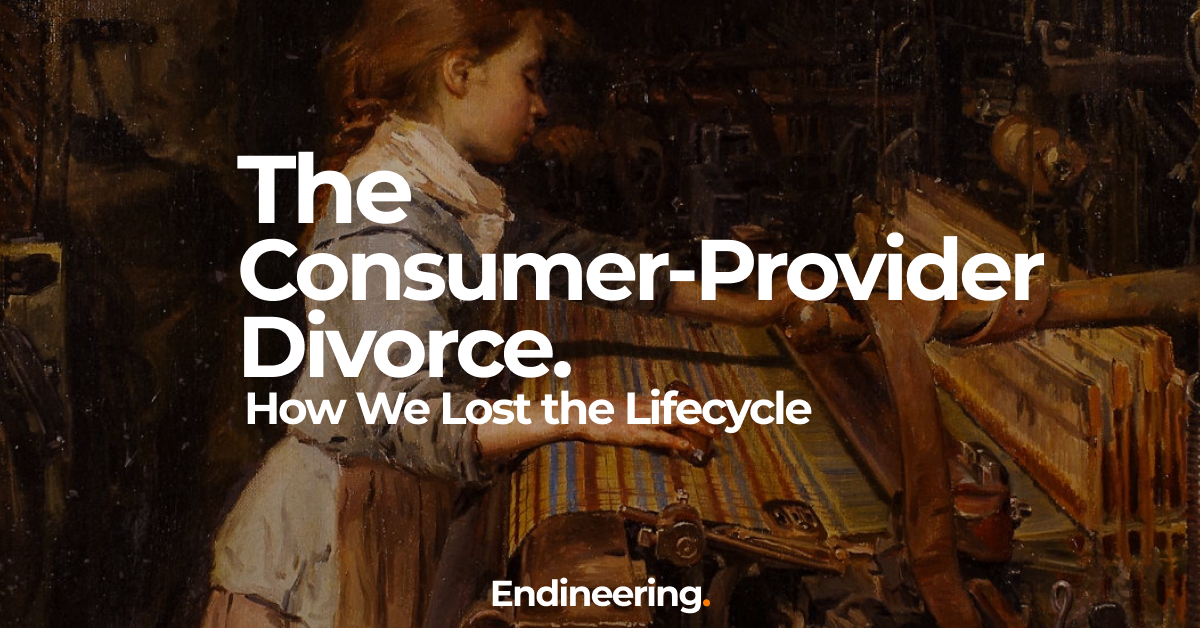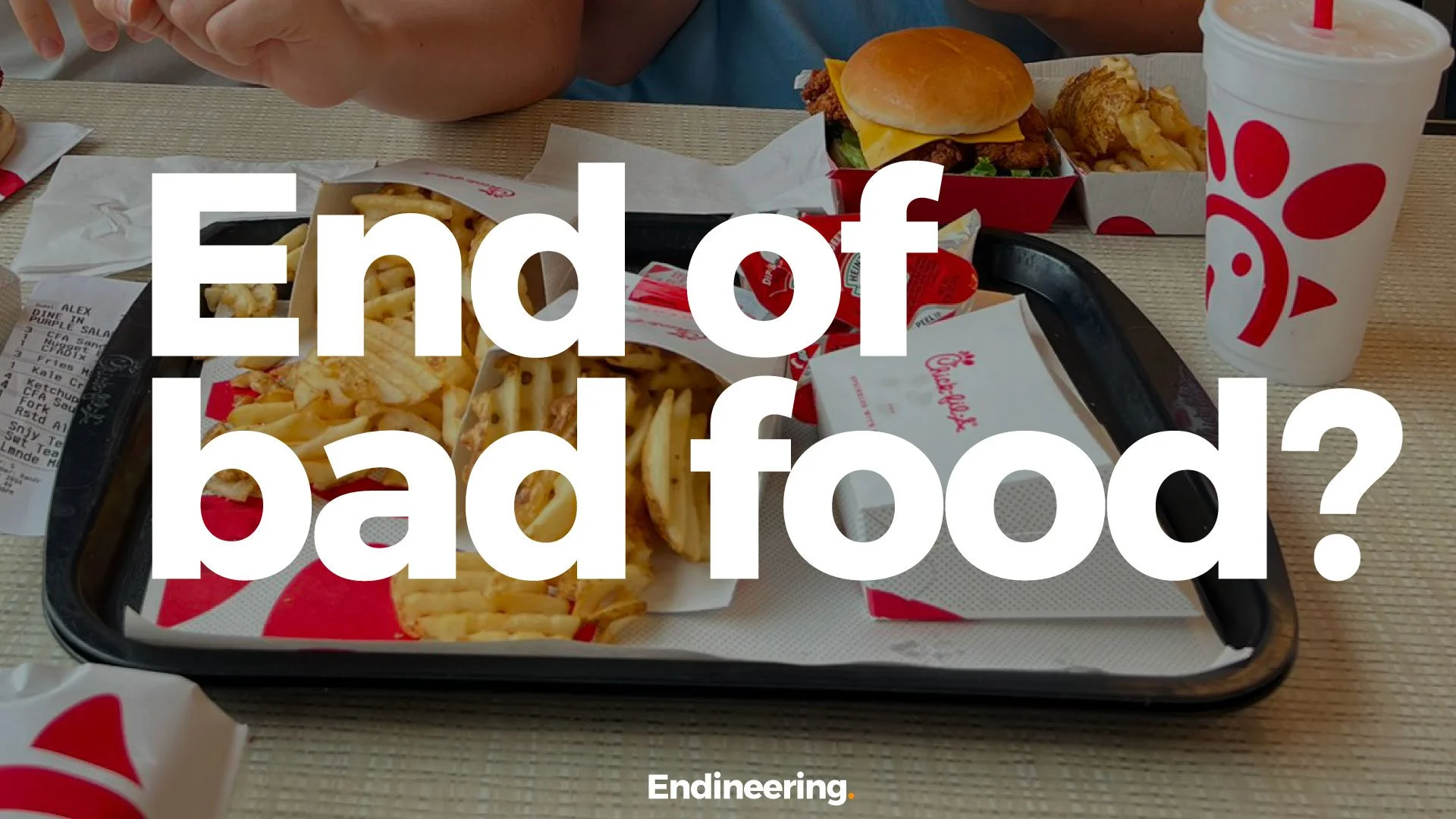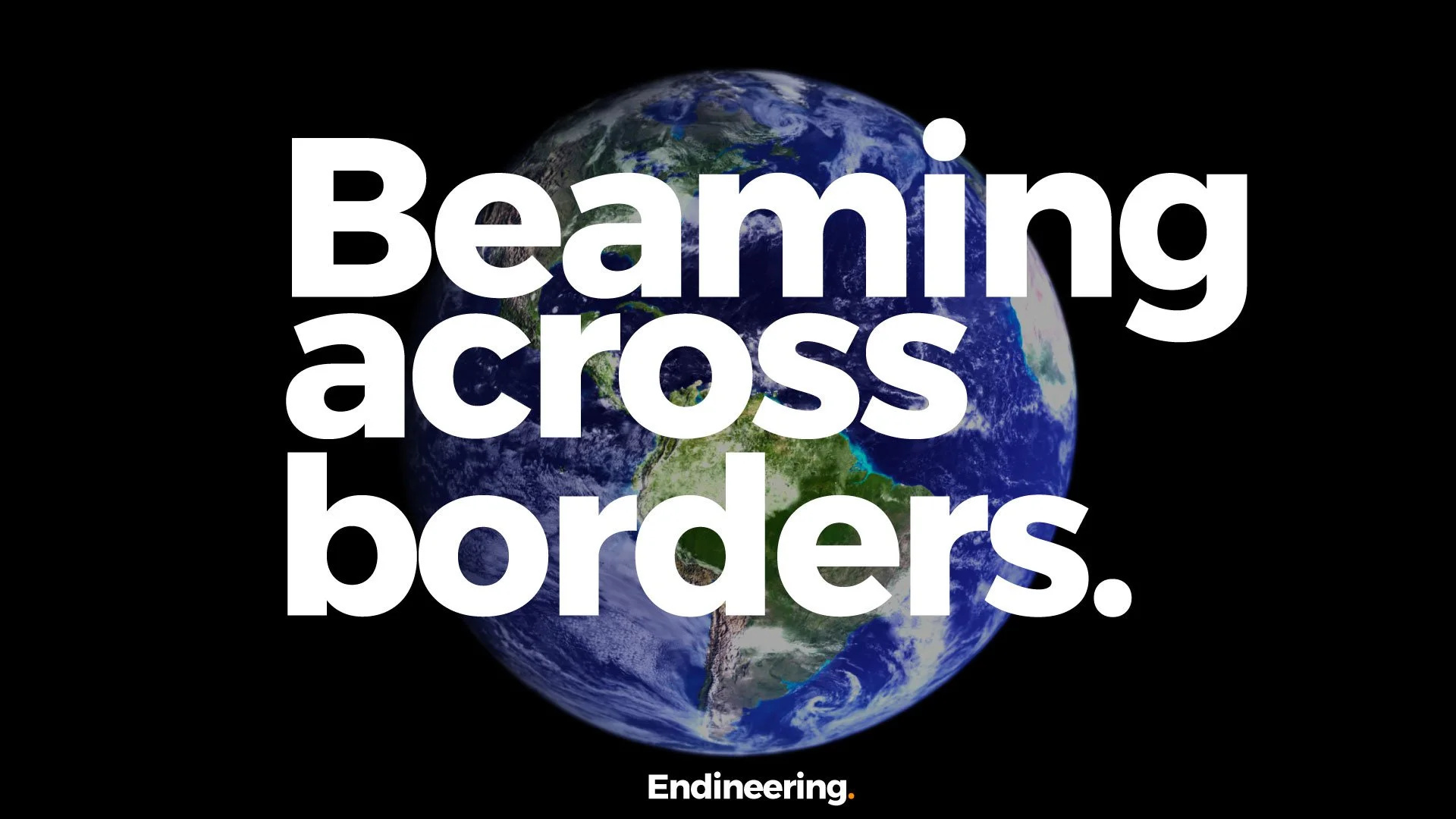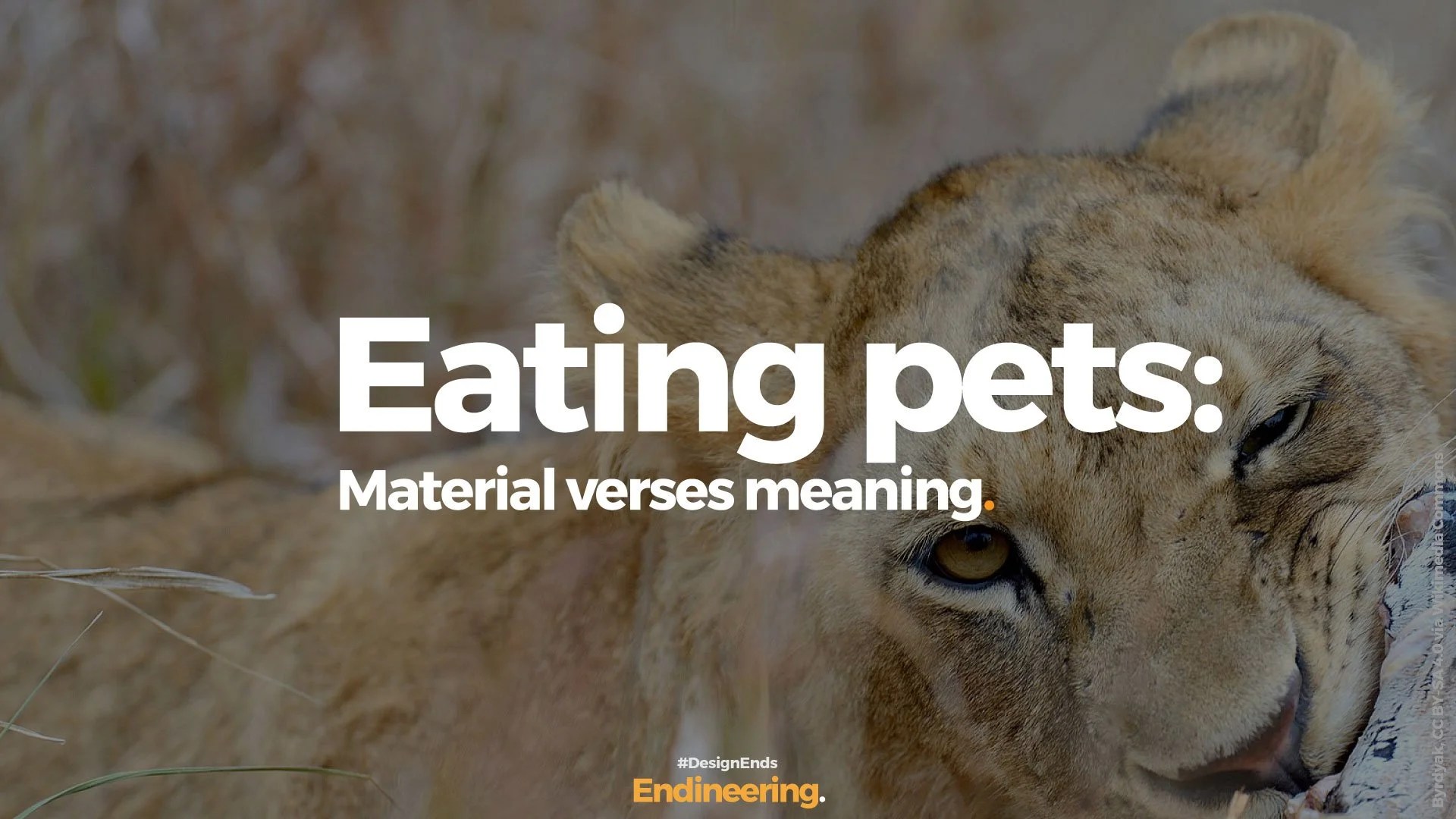

The Great Geopatriation: Digital Endings Coming for Millions of Europeans Millions of Europeans to break from Windows
There are over 250 million installations of Microsoft Windows across European businesses and homes. According to Statcounter, the company enjoys a 72% dominance of the desktop operating system market. It has been a mainstay for decades; ever since Windows 95, it has been the preferred choice of PC customers. This means millions of people know nothing other than Windows to run their computers. Could recent changes in politics and policy inspire a world without Windows?

The historical consumer split
This is an extract from The Ends book. It is often useful to look back at history to see the deeper context of todays issues around consumerism and how we got here.

The End of Coral: How did it feel?
The final chapters of the world's warm-water coral reefs are being written, not with a bang, but with the silent, unseen death of marine ecosystems. This loss, predicted for years by climate scientists, has largely gone unremarked by the wider public. For an engineering blog that values data, precision, and critical milestones, this moment demands a critical assessment. How did the era of global coral reefs end? And how did it feel?

Missing the second most certain user case.
The most universal truth for any business is that their customer is alive. This is the most certain user case—so obvious it's never discussed. But what about the second most certain event that every customer, regardless of product or price, will experience? Death.
While companies pour resources into optimising sign-up flows and retention strategies, they systematically fail to plan for the ultimate ending of their customers. This oversight is not just an emotional miss; it creates a massive administrative burden for grieving families and represents a colossal operational failure for businesses.

Bad Churn: Why Your CLV Needs an Ending Multiplier
The CLV method has its origins in a different business landscape, long before climate change had been spotted, or before ethical consumption had gone mass market, or cookies and one click shopping. Now consumers are more concerned about consequences, and businesses have the ability to observe nuanced current behaviour and predict future actions.
We need a multiplier for the CLV that recognises the impact of the end. Adding an Ending Multiplier to the traditional CLV represents the quality of the off-boarding experience.

The Lie of Forever: Why Telecoms Must Stop Fearing the Customer Exit
For years, the telecoms industry has been defined by a forward-only drive. Yet, in all that excitement, a crucial conversation was missing: how would any of this end?
This profound, almost wilful, blindness to the conclusion of the product lifecycle is a problem that continues to plague the telecoms sector today. But it shouldn’t.

The end of bad food?
Is this the end of bad food? Not just a trend, but a true ending? What Does It Feel Like?
We’re not just watching diet fads and health campaigns anymore. We’re witnessing a genuine cultural and physiological shift, accelerated by drugs like Ozempic and other GLP-1 agonists. These medications don’t simply suppress your appetite; they’re helping to suppress an entire era of overconsumption. For the people taking them, it is changing what they eat and sometimes who they are.

Proximity Ending: When Influence Beams Down from Space
A Proximity Ending describes a boundary where access or a service changes abruptly. This can be as simple as moving from a city to a remote area and losing cell service, or as complex as crossing a national border and finding a different set of laws and cultural norms. Historically, these boundaries have been tangible and managed by nations to control everything from trade to currency. But what happens when the most powerful influences no longer respect those boundaries?

Shame at the end.
In my books, I've explored the deeply flawed way we handle the end of the consumer lifecycle. Society’s current approach often leaves individuals feeling overwhelmed and disengaged, leaning into a destructive emotion: shame. This is the all-encompassing feeling that you are fundamentally a bad person, a generalisation that paralyses rather than motivates. It is not solution-oriented. This is very different from guilt, which is a targeted feeling about a specific bad action.

Eating pets: Material verses meaning.
Endings, especially in the context of pet ownership, should be respected and acknowledged. They offer an opportunity to educate us. The end of one life can inspire a deeper appreciation for another. Many parents get a pet to teach their children about responsibility, animal welfare, and the cycle of life. That ambition shouldn't fade into an inconvenient burden. Instead, it should be a meaningful transition that connects us to a wider natural world. Can this interpretation extend to the feeding of pets to zoo animals?

Peekaboo! How the Erosion of Object Permanence is Undermining Digital Endings.
What was once a helpful metaphor for interaction design—centred on object permanence and ownership—has become muddled by cloud computing, social media, and digital relationships. Questions like "What is where?" and "How do I delete it?" have become increasingly difficult to answer.

Rich Saviour Removes Death. And We All Suffer.
Imagine a world where no one dies from disease. Where people routinely live to 200. It sounds amazing—until you think about what that world looks like. Yes, death is bad. But eternal life, or even vastly extended life, is systematically irresponsible. Solving death isn’t the same as solving suffering. In fact, it may amplify it.
The fantasy of the rich saviour—the billionaire tech founder who cheats death and “saves” humanity—sits at the feverish centre of a hype-fuelled Venn diagram where AI, profitable healthcare, and the god complex converge.
